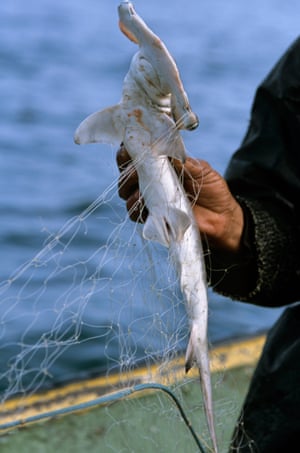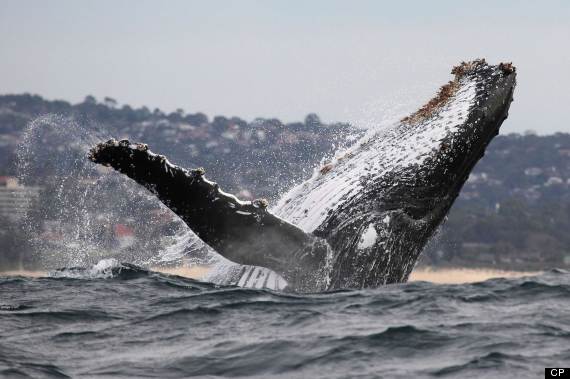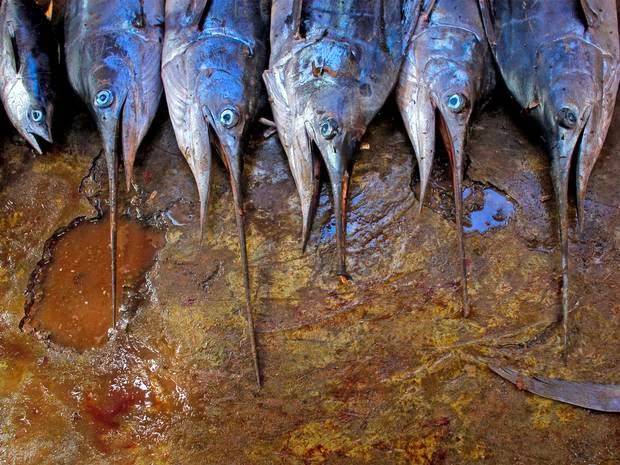 This week, the World Wildlife Fund (WWF) announced that it was seeking funds to cover the cost of the commercial shark fishing licence on the Great Barrier Reef. The group will retire the licence in order to save the sharks that it would otherwise be used to catch. The licence allows the owner to drag a 1.2km net anywhere along the length of the Great Barrier Reef. Last year, it was estimated that that licence was used to catch 10,000 sharks each year. Read more…
This week, the World Wildlife Fund (WWF) announced that it was seeking funds to cover the cost of the commercial shark fishing licence on the Great Barrier Reef. The group will retire the licence in order to save the sharks that it would otherwise be used to catch. The licence allows the owner to drag a 1.2km net anywhere along the length of the Great Barrier Reef. Last year, it was estimated that that licence was used to catch 10,000 sharks each year. Read more…
Picture from Jeff Rotman/NaturePL
The Pacific Whale Watch Association says that the number of whales around the southern end of Vancouver Island are now being found in groups up to 20 whales. It was reported that there are now more than 21,000 humpbacks in the eastern North Pacific, up from 1,600 when whale hunting was banned in 1966. It is possible that the species has now adapted to the shift in habitat. Read more…
Photo: CP
This week, an article was published in the journal, Nature, revealing that changes in cloud patterns during the last three decades match those predicted by climate model simulations. The research team is comprised of scientists from Lawrence Livermore National Laboratory, Scripps Institution of Oceanography, University of California Riverside, and Colorado State University. Clouds substantially impact Earth’s energy budget by reflecting solar radiation back to space and by restricting emission of thermal radiation to space. According to Mark Zelinka, the co-author of the paper, “increasing greenhouse gas concentrations and a recovery from volcanic radiative cooling are the primary causes in these decades”. Read more…
According to the USC-led discovery, zebrafish and other ray-finned fish have synovial joints that can get creaky and are susceptible to arthritis. These joints produce a protein very similar to what lubricated joints in humans named lubricin. The research team found that removing the Lubricin gene from the zebrafish genome causes the same early onset arthritis in their jaws and fins. This regenerative ability in the species may help reveal potential arthritis cures which affect 52 million people. Read more…
Be sure to “LIKE” http://facebook.com/SeaSave to ensure our “Week in Review” is delivered to your newsfeed every Monday.
Sea Save Foundation is committed to raising awareness of marine conservation. The Week in Review is a team effort produced by the Sea Save staff to provide a weekly summary of the latest in marine research, policy, and news.







